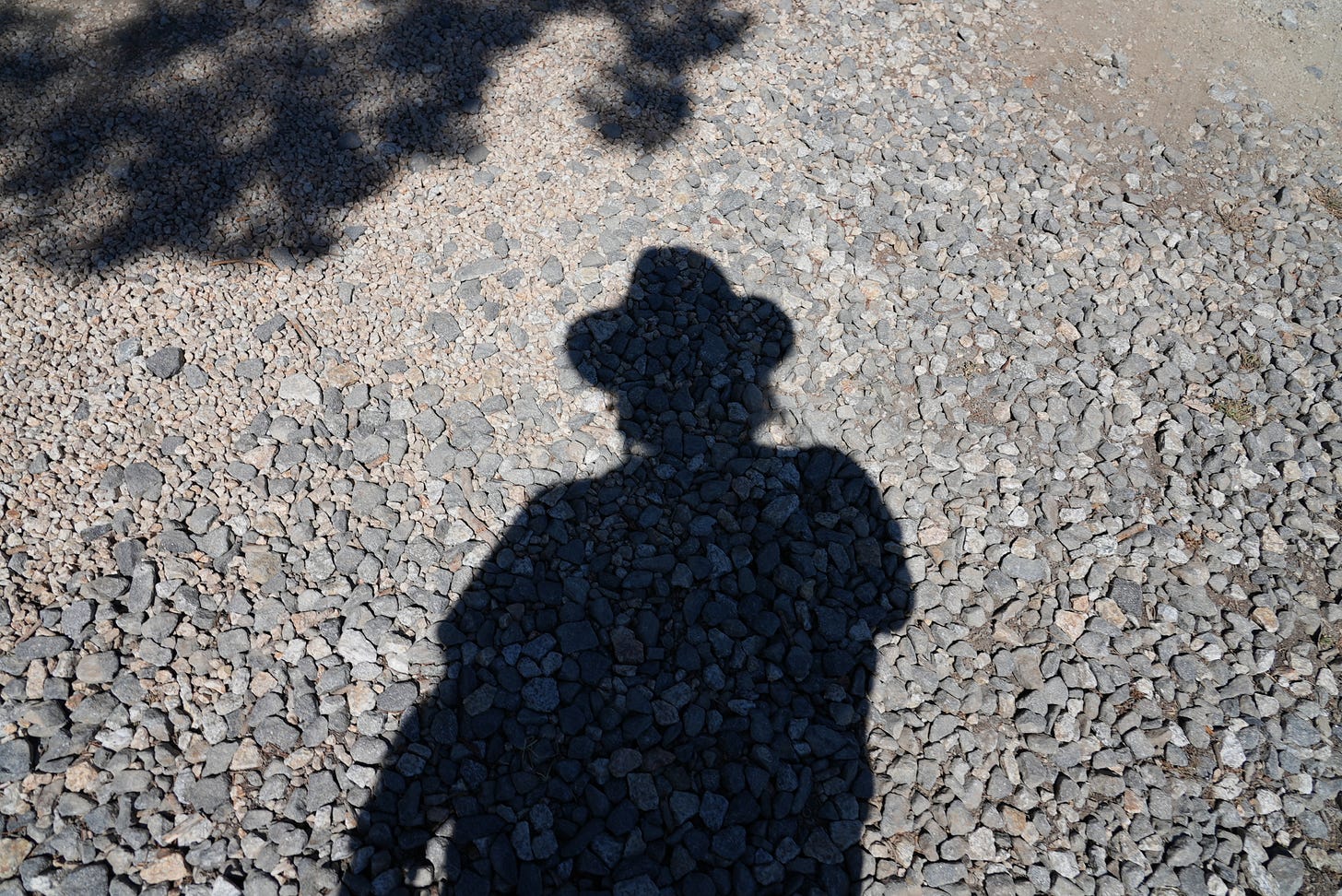Our Real Life Friends and Family Deserve More Than Likes, Follows and Shares
Next time you feel a parasocial relationship replacing a real-life relationship, ask yourself: “what happens if I reach out and say hello, instead?”
Social media makes everything easy. Since many of my friends and family are on various social media platforms on the web, I can follow them passively and keep up with their lives. Even people I haven’t spoken with in years sometimes are at the top of mind, because I saw their most recent social media post celebrating a new career, or birth, or marriage; or even fervently communicating something passionately. I also see many big brands, alongside influencers, celebrities, athletes, podcasters, politicians and especially sponsored content alongside my friends and family every day. Social media is flattening all of our relationships into easy-to-consume passive feeds, and it requires very little work on our part. How is this working out for us?
A recent article by Derek Thompson titled “The Anti-Social Century” paints a dark picture of the anti-social trends reshaping human culture around us: “Americans are spending less time with other people than in any other period for which we have trustworthy data, going back to 1965. Between that year and the end of the 20th century, in-person socializing slowly declined. From 2003 to 2023, it plunged by more than 20 percent, according to the American Time Use Survey, an annual study conducted by the Bureau of Labor Statistics.” We as humans seem to be collectively choosing our digital lives over our real lives, by allowing the digital tools meant to make our lives more convenient to actually replace parts of our real-life selves and even personal relationships.
Lately, I’ve been thinking back to a time when personal relationships weren’t mediated by casino-style buffet of brightly colored images, vertical videos or loud reels of talking heads excitedly speaking to me. I remember memorizing phone numbers, and calling people when I thought of them. I remember writing letters to people, and sometimes not getting a response. I remember finding out about a book or movie, and having to actually begin a quest to acquire the object, sometimes taking months or years — if I ever even acquired it. Now, a short scroll or search query provides me all of that and more; and I can’t help but ask, “is this what we’re all getting reduced to?”
If using social media was invented as a means to mediate human interaction, judging by how social media platforms seem to have become normalized across society; lately I’ve started wondering if parasocial relationships have become the new norm.
According to the Oxford English Dictionary, the definition of parasocial is: “A relationship characterized by the one-sided, unreciprocated sense of intimacy felt by a viewer, fan, or follower for a well-known or prominent figure (typically a media celebrity), in which the follower or fan comes to feel (falsely) that they know the celebrity as a friend.“ Well, I believe this parasocial style of relationship has become pervasive, and particularly influential for the people closest to us; our friends and families. Think about it: when was the last time you saw a social media post from a family or friend that you haven’t recently spoken to, but felt connected, anyway? This feeling — or more appropriately called “parasocial” dynamic — is shifting our personal relationships significantly; from actual “felt” experiences with other real people to imagined, one-sided consumption of content. Try this tiny experiment: call someone you care about instead of hitting the “like” button next time you feel the urge to passively engage on social media. I promise, you will feel better reaching a real-live person than clicking a button and continuing to scroll.
Our real life friends and family deserve more than likes, follows and shares. Our real lives are significantly more interesting to each other than what we see reflected back to us on screens. I don’t need a third party to mediate my personal relationships to make them better, I am perfectly happy having real and authentic experiences with people absent of a screen, or a third party profiteer “getting something” out of my friendships and relationships with others. How do you feel about this?
We can allow these incredible tools and technologies to improve our lives where they can, but we can also unconsciously let these tools to become our habits, slowly replacing real life stuff with digital representations instead of the things themselves. Starting new habits is hard, but keeping a habit once you’ve started it is much easier. Next time you feel a parasocial relationship replacing a real-life relationship, ask yourself: “what happens if I reach out and say hello, instead?”
While I can’t speak for everybody, I would certainly be happy to hear from more friends and family outside of social media. And I can do a better job reaching out, too.




